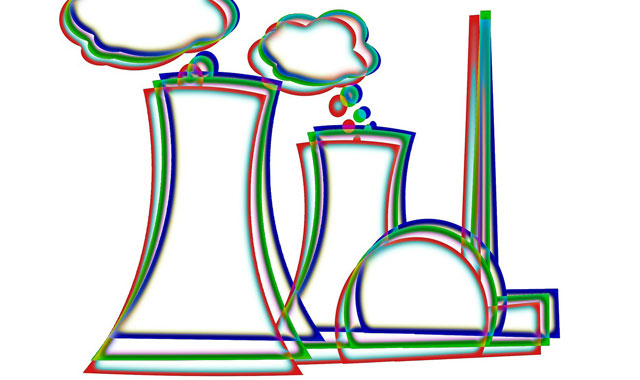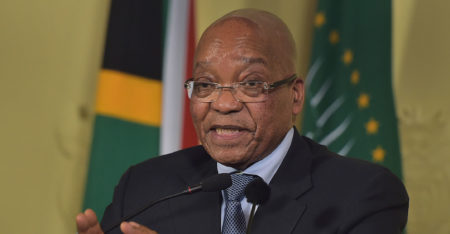
The South African government said on Saturday that it had decided not to appeal a court ruling that its nuclear energy construction programme was unconstitutional, possibly delaying plans to expand the continent’s only atomic power fleet.
South Africa had signed accords with the US, China, South Korea, France and Russia to possibly use suppliers in those countries to build nuclear plants to generate as much as 9,6GW of electricity, about a fifth of current generation capacity.
“We will sign new and standardised agreements with the five countries and this should start in June,” energy minister Mmamoloko Kubayi told reporters on Saturday in Pretoria.
The Western Cape high court on 26 April ordered the government to hold public hearings and a parliamentary debate on the nuclear programme, which may cost as much as R1 trillion. It also set aside a 2015 decision to acquire new nuclear capacity.
President Jacob Zuma has championed the building of as many as eight reactors from 2023, a plan opposition parties say is mired in corruption.
Civil rights groups, including Earthlife Africa and the Southern African Faith Communities’ Environment Institute, said the government ignored due process in approving the plants, and sued to halt their construction.
The energy ministry’s own research shows additional nuclear power probably won’t be needed until 2037. The country has two reactors at its Koeberg facility that came online in the 1980s.
“Nuclear remains a core component of government’s energy mix that includes renewables,” Kubayi said. “However, all our processes will now be in line with the constitution and open and transparent as we don’t want to be in court every week.” — (c) 2017 Bloomberg LP




